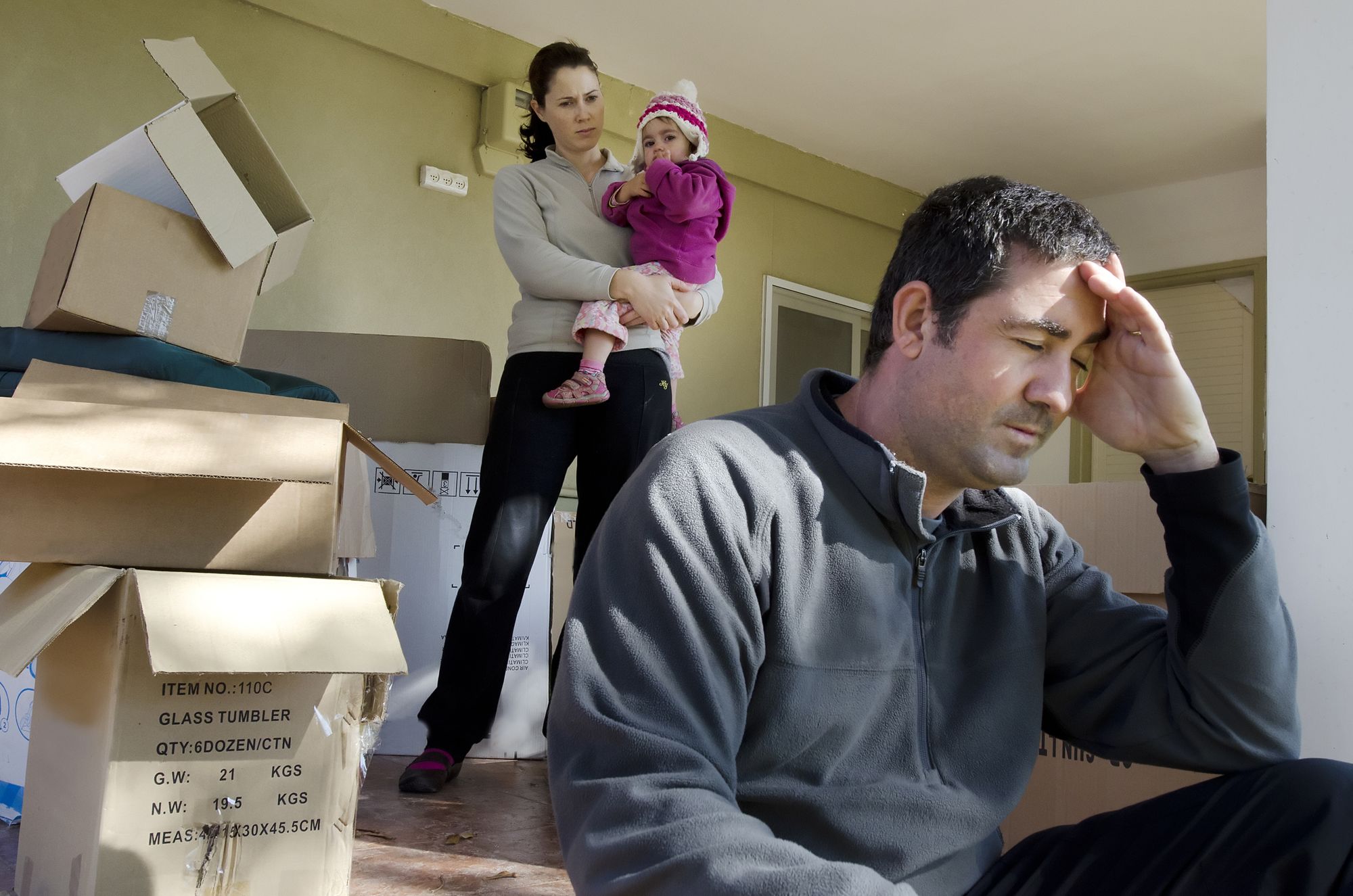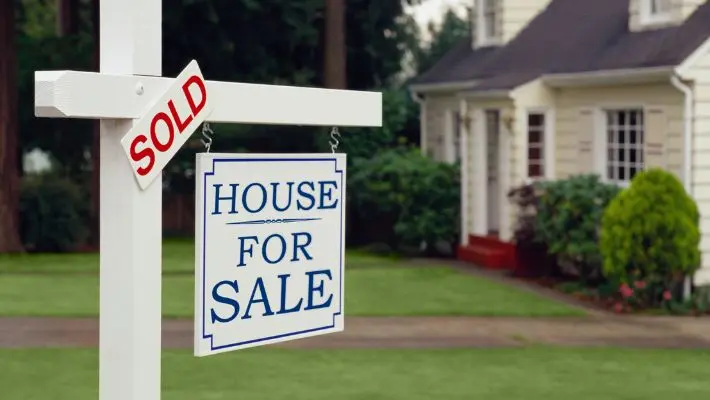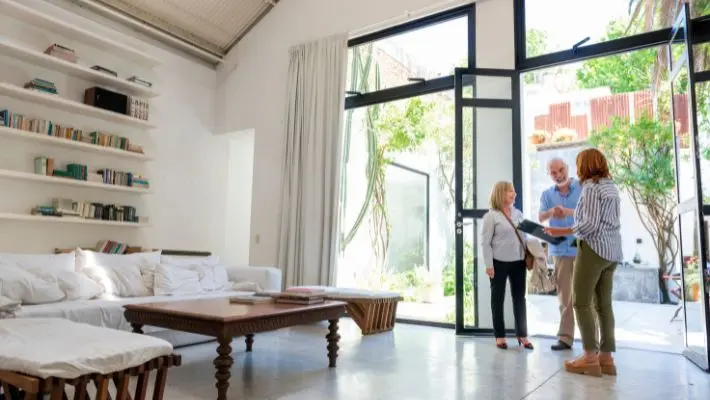
Getting Divorced: Should We Sell Our House?
Wondering if you should sell your house after divorce? Here are options you can pursue to help fulfill both parties’ best interests.
Major life changes can be tough to face.
When facing a divorce, it can be stressful, confusing, and a downright point of contention to decide what to do with the house both spouses share. There are a variety of options you can pursue in selling a home after divorce to fulfill both parties’ best interest.
But first, you’ll want to take a look at a few key factors before you decide which route to pursue.
What to Consider Before Selling a Home After Divorce
Before you jump into negotiations or back-and-forth about what to do with the home you share with your spouse, you’ll want to do some research and arm yourself with critical knowledge.
First, you’ll want to identify the laws of the state you live in in the event your divorce goes to court. The distinction of marital property versus separate property is important to be familiar with:
- Marital property: Any property acquired while you were married to your spouse. This can include income made and assets purchased, like cars and your house.
- Separate property: Any property that belongs to one spouse.

How does this distinction impact what you decide to do with the house? You may live in a state that is either a community property state or an equitable distribution state. This is another key distinction to be aware of:
- Community property state: In a community property state, everything you acquired during your marriage is split with the other spouse, 50/50. There are 10 states that are community property states.
- Equitable distribution state: In an equitable distribution state, the assets acquired by spouses are distributed fairly based on income, financial contributions, and other characteristics. This is usually determined by a judge, who will split the assets fairly — though this doesn’t necessarily mean equally. There are 40 states that fall into this category.
In addition to these external regulations and factors, if you and your spouse signed a prenuptial agreement, or prenup, before your marriage, you can bypass many of these due to the clear outline and legal standing provided by the prenup.
Now that you’re up to speed with what to consider before choosing what to do with the home you share with your spouse, you can examine the best route to take.
Here’s what each option for selling a home after divorce looks like.
Sell It and Split the Proceeds
One of the simplest ways of selling a home after a divorce is to sell the property and split the proceeds between the two spouses. This is particularly beneficial if there are no children involved, and you’re not underwater on your mortgage — that is, having a home loan with a higher principal than the value of the home currently.

In the event you are underwater on your mortgage loan, selling the home would leave a balance both parties would need to share.
One Spouse Refinances the Home
If you’re in a situation where there’s no rush to decide what to do with the home after your divorce, you can take some time while one spouse pursues refinancing the home. This entails them securing a new mortgage as a single owner.
There is also the option for one spouse to pursue securing a cash-out refinance, which allows the spouse to leverage the home’s equity to secure extra cash. This mortgage loan will be a greater amount than the remaining balance on the mortgage. Pursuing a cash-out refinance often costs more in the long run, but may be a viable option to secure the home.
Since the spouse can have the difference between the mortgage loan and the remaining mortgage balance as cash, they can use it for options like buying out the other spouse.
One Spouse Buys Out the Other
If you’re in a scenario where it’s more beneficial for one spouse to stay in the home, they could buy out the other spouse.

When buying out the other spouse, the spouse who wants to stay in the home pays half of the current market value of the house. This allows them to gain sole ownership of the property while ensuring the other spouse gets their share of the home’s value.
Divide Assets to Keep the House
If one of you is set on keeping the home, you can consider examining the comprehensive value of other assets in comparison to the home for an exchange. For example, if one spouse’s retirement savings and stock portfolio is comparable in value to the home, one spouse could agree to take on these assets instead of the property.
This can help quicken the finalizing of the divorce since negotiations are kept to a minimum by focusing on the financial value of the assets. It can also help prevent the lengthy preparation process for and selling the home.
For more information on home buying and selling, visit the RealEstateAgents.com blo






